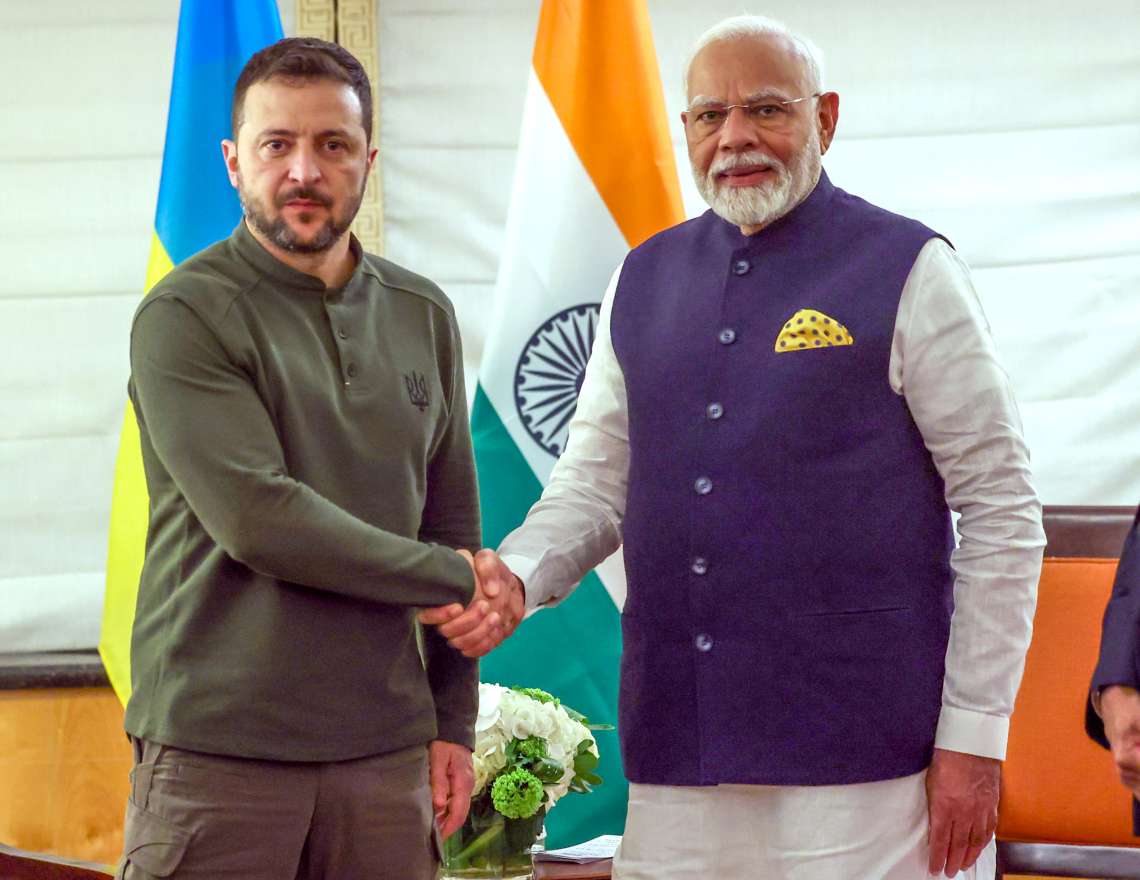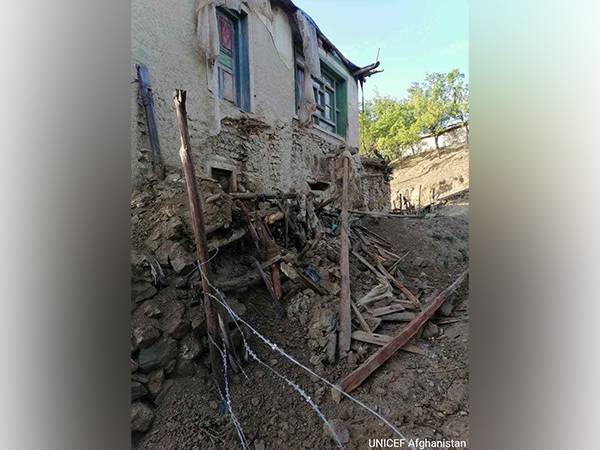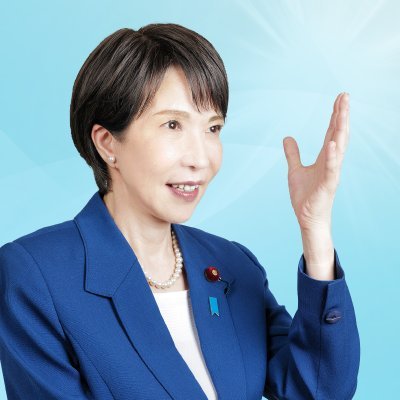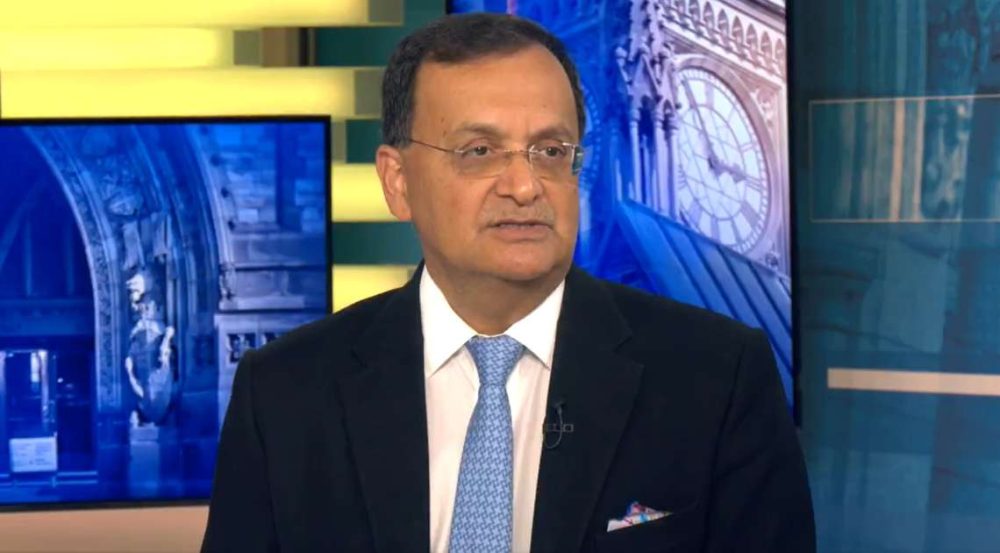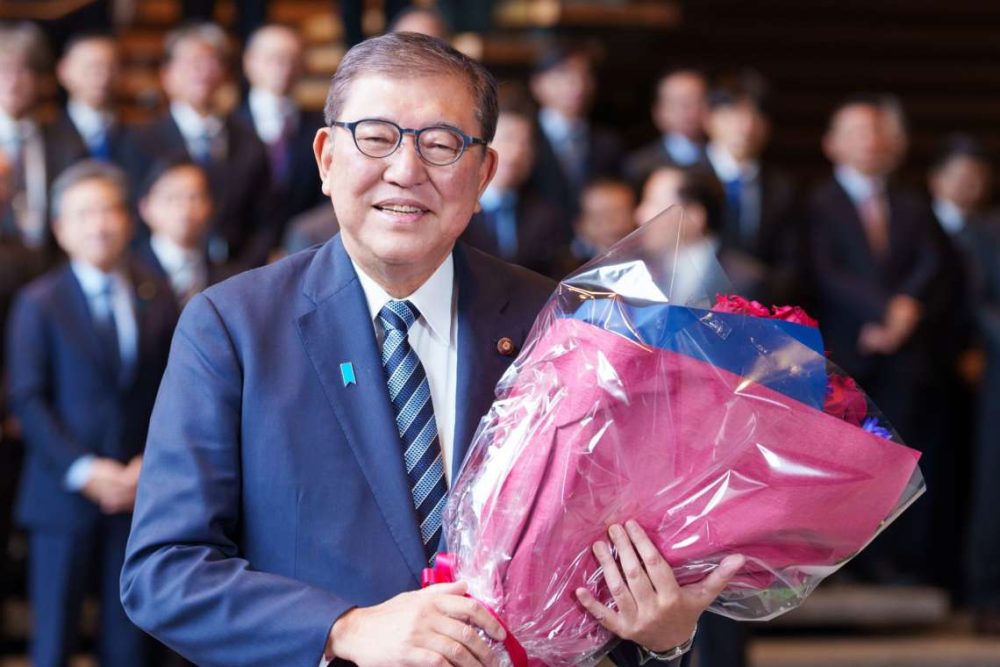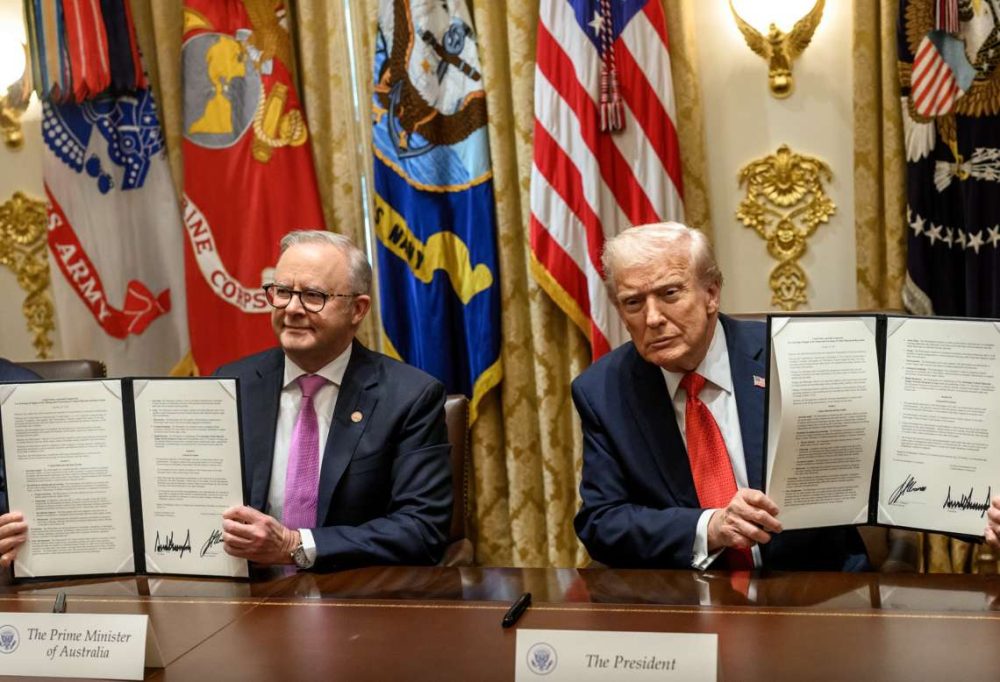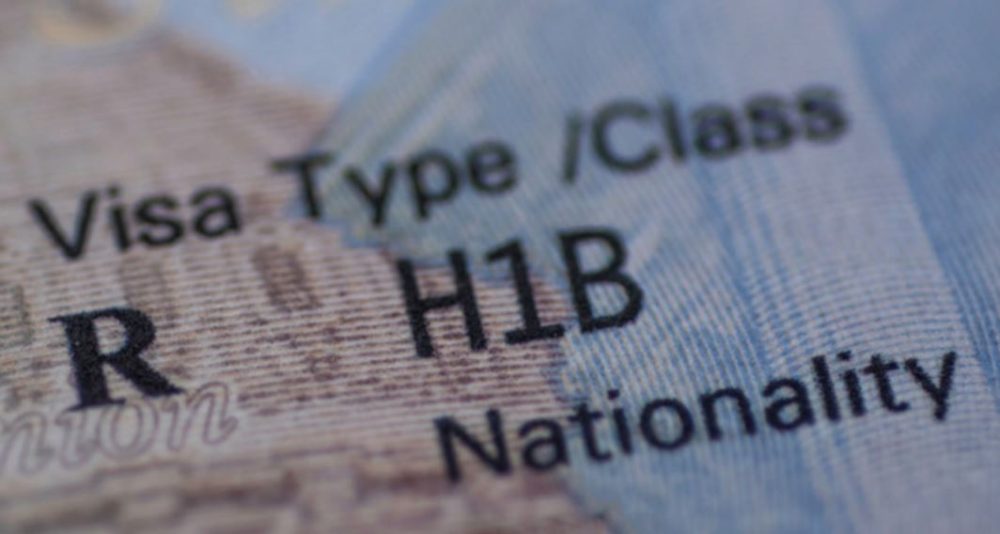Candidate status is the first official step towards EU membership and earlier this week, France had said that there was “total consensus” on Ukraine…reports Asian Lite News
During a summit in Brussels on Thursday, Ukraine is set to be approved as an European Union (EU) candidate after the European Commission gave the go-ahead.
Just four days after Russia launched its invasion of Kiev on February 24, Ukrainian President Volodymyr Zelensky had signed an official appeal to the EU asking for the accession of Ukraine via a new special procedure.
And on June 11, European Commission President Ursula von der Leyen said the bloc will finalise the assessment on granting Ukraine EU candidate status.
Von der Leyen had giventhe EU membership questionnaire to the Ukrainian President during her visit to Kiev in April.
The first part of the document was submitted to the EU on April 18, while the second was delivered on May 9.
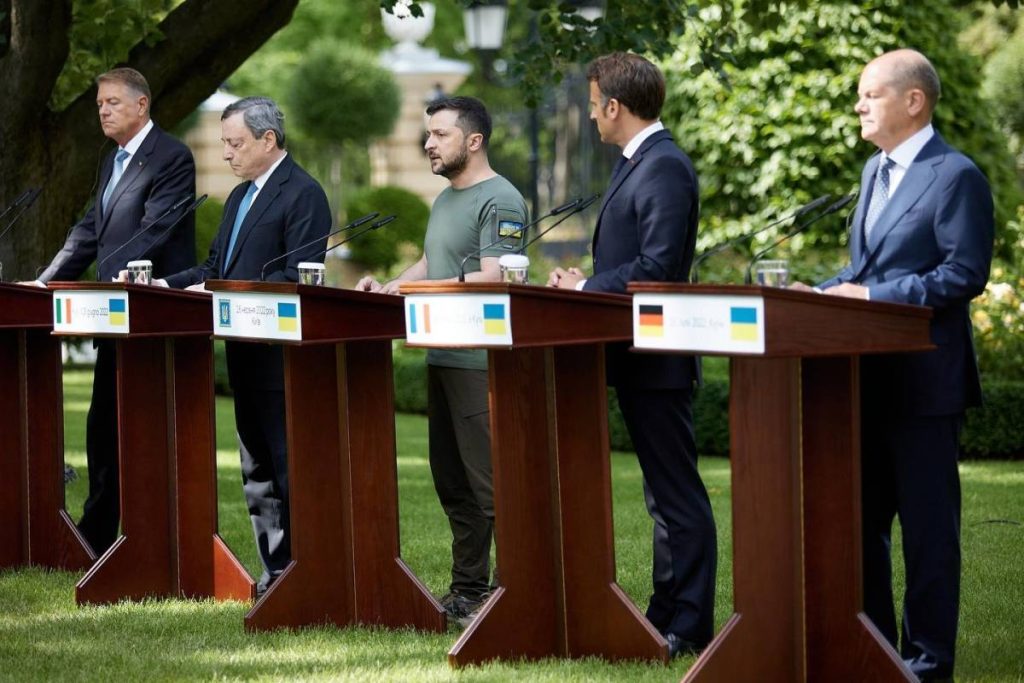
Candidate status is the first official step towards EU membership and earlier this week, France had said that there was “total consensus” on Ukraine, the BBC reported.
However, observers say even with candidate status, it may take years, if not decades, for Ukraine to obtain EU membership.
For example, the Western Balkan countries of Albania, North Macedonia, Montenegro and Serbia have been candidate countries for years; in some cases for over a decade.
Bosnia and Herzegovina applied for candidacy in 2016 but has still not succeeded.
Vsevolod Chentsov, Ukraine’s Ambassador to the EU, told the BBC on Wednesday night that granting the status would be a “psychological boost for Ukrainians”.
“We do not accept the idea of the queue,” he said, arguing Kiev’s eagerness could set an example to other states.
“Every state has its road map, has its path. And if there is political will, if there is support of society (and) business operators to move forward to implement reform in a bold and fast way, why we should wait?” he told the BBC.
Several EU states have agreed to back Ukraine’s candidacy, provided conditions are attached before accession negotiations can begin, including judicial and anti-corruption reforms.
Chentsov has insisted some reforms can take place, even while the country is at war and not in control of its whole territory.
“We are not starting from scratch,” he insists, pointing to work carried out since the EU and Ukraine signed an association agreement in 2014.
But it would be “logical” to carry out bigger reforms once the situation on the ground became more stable, he told the BBC.




